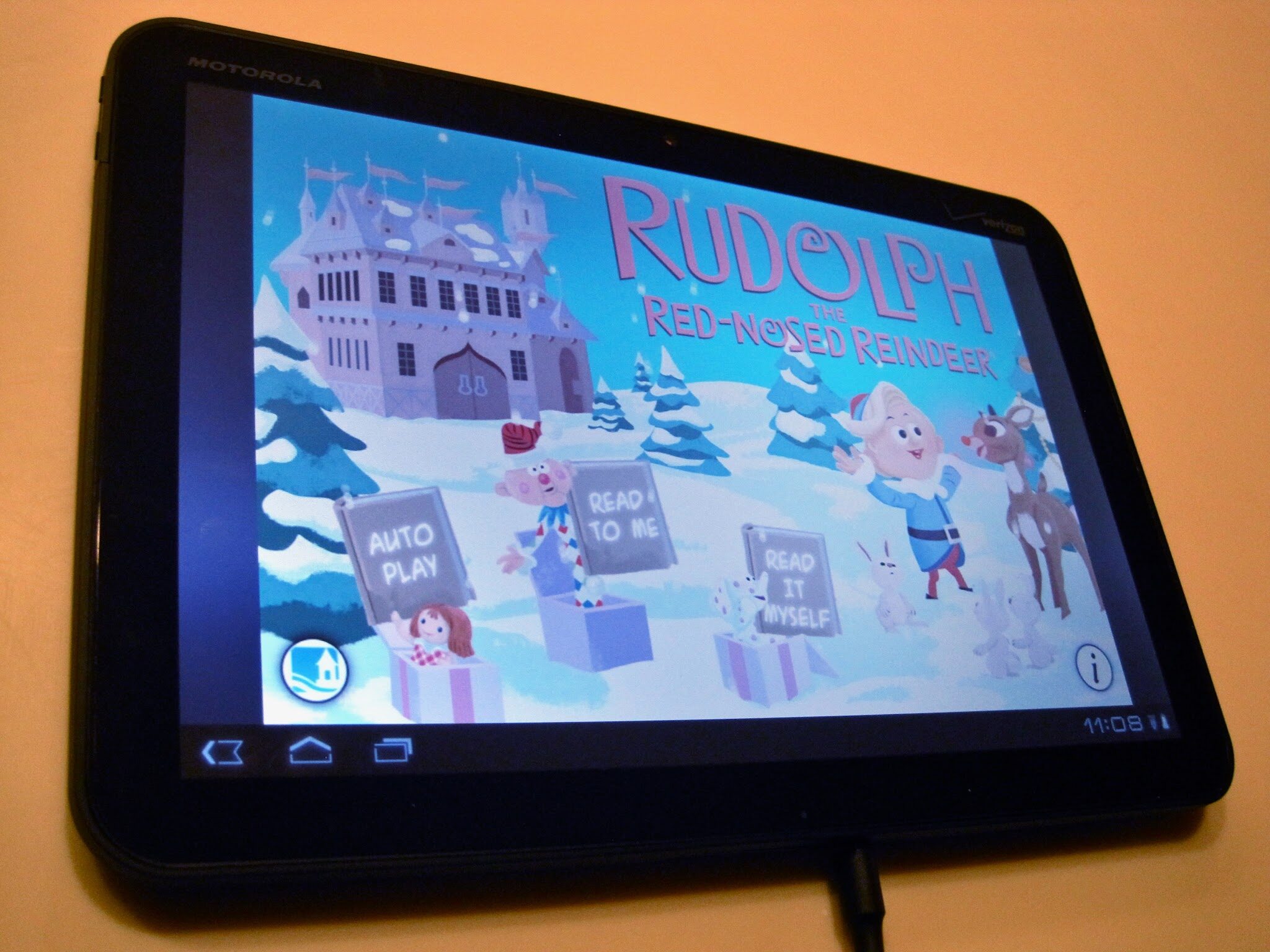Photo © skywaykate | Flickr/Creative Commons [image: Photo of a table set up to serve a holiday buffet, lit by candles.] Corina Becker nostereotypeshere.blogspot.com Up here in Canada, we had our Thanksgiving back in October, so we’re all getting ready for Christmas/Hanukkah/other winter holidays. I’m going to be very honest: I celebrate Christmas, so my default for the holiday season is Christmas. This doesn’t mean that stuff I say cannot be used for other holidays, it’s just a religious difference, use as need. But I’m kinda using my own experiences for this, so I’m going to resort to my default of Christmas. Also, I’m mainly addressing parents in this post, but I’m certain that some of these pointers can be used for Autistics of all ages. But yes, the winter holiday season is approaching, and it’s a very busy, hectic and overwhelming time of year, full of all the things…
Year: 2011
Lydia Wayman autisticspeaks.wordpress.com There is so much misinformation and so many misperceptions out there about people with disabilities, and that includes autism. I’ve read some things lately, comments by teachers or people who will teach, that have sent me reeling. In typical Lydia fashion, I will write a Ten Things in an attempt to dispel these myths about people like me. 1. People with disabilities are not always happy, joyful, eternally childlike, or “perfect angels.” People with disabilities are humans. This means that we experience the full range of human emotion, including the uncomfortable ones, such as anger and sadness. Some of us are generally happy, just like some people without disabilities are generally happy, but others of us are confused, angry, hateful, manipulative, and so on. Autistic children display inappropriate and unwanted behavior just like typical children do. 2. Always assume we understand everything you’re saying when we’re in…
Brenda Rothman mamabegood.blogspot.com I have this image in my head whenever anyone says “learning.” Learning means a teacher standing in front of students, who are sitting at desks, listening quietly to the teacher talk facts, figures, and concepts. Anytime I say “learning,” I think “academics,” by which I mean “readin’, writin’, and ‘rithmatic.” ‘Cause I’m a product of that kind of learning. From elementary to college to law school, learning was sitting in a room with a large group of people and memorizing. Jeez, the number of things I’ve memorized, the number of meaningless mnemonics. That’s why I think that the only way a child learns is from school, from an adult telling them facts. But that means a child is incapable of discovering something on his own. That he can’t explore and figure things out without an adult telling him to do so or telling him what it means.…
Lydia Brown autistichoya.blogspot.com At the Adult Services Subcommittee’s final meeting in late July, much to do was made about semantic disagreements — “ASD individual” versus “individual with ASD,” and of course, the dreaded “person with autism” or “person who has autism” versus “autistic person.” These issues of semantics are hot button issues, and rightfully so. Words and language are powerful tools by which an individual can express ideas, whether abstract, actionable, or concrete. As a writer and editor, I know firsthand that language and the meanings we attach to words very much impact, influence, develop, and change the attitudes that we have toward the subjects of discussion. That is why people are easily insulted or upset by word choices. Changing a phrase — even if it holds the same literal meaning — alters the subtle connotations and nuances of the speech, and communicates a different meaning and context than the…
UPDATE 11/27: Our Random.org-selected winner is Courtney W.! Congratulations, Courtney. Thank you to everyone who participated, and we encourage you to read the more than 100 wonderful comments left below. -SR —- The good folks at Motorola sent me (Shannon) a Xoom tablet to give away. No hidden agenda, no stipulations — they had simply heard how tablet computers can help people with autism, and they wanted to get two of their devices to people in the autism communities — one to my son Leo, and one to a blog reader. A blog reader who could be you! We TPGA editors had already planned to kick off the holiday season by seeding some positivity: putting up a gratitude post, and asking you readers to leave a comment about something that makes you feel happy or grateful — and we still hope you will. But now, if you like, you can…
Julia Bascom juststimming.wordpress.com Explaining my reaction to this: means I need to explain my history with this: 1. When I was a little girl, they held my hands down in tacky glue while I cried. 2. I’m a lot bigger than them now. Walking down a hall to a meeting, my hand flies out to feel the texture on the wall as I pass by. “Quiet hands,” I whisper. My hand falls to my side. 3. When I was six years old, people who were much bigger than me with loud echoing voices held my hands down in textures that hurt worse than my broken wrist while I cried and begged and pleaded and screamed. 4. In a classroom of language-impaired kids, the most common phrase is a metaphor. “Quiet hands!” A student pushes at a piece of paper, flaps their hands, stacks their fingers against their palm, pokes at…
Chris R. autismspoke.blogspot.com I can see it very clearly. I’m pushing a shopping cart through a store. In the cart rides Matthew, my four year old son with autism. He’s making the sounds he makes… Sometimes when he’s happy, the sounds he makes are loud. You might say they are screams, but happy screams. When he is happy and loud, we do what we can to keep him somewhere below an F-16 on full afterburner. It’s not that I’m worried he’ll ruin ten seconds of someone’s shopping trip … it’s that I worry what I’ll do if someone says anything cross, or gives me a look that can’t be taken in any other way. You see, I’m always in full-blown autism dad alert mode … just waiting for some parent with “perfect” kids to trip on the wire and have the autism awareness grenade that is me explode and rip…
Karen Velez solodialogue.wordpress.com My son was diagnosed with autism in April of 2010. He was almost four years old when we received this news. It was not the shocking blow that I’ve heard other parents describe. For me, that blow came at Christmas 2009. To me, my son was always a “sensitive” child. I never baby sat and, literally, had no experience with children. I knew no one with autism. I knew no one with children with autism. I was, truly, the epitome of autism ignorance. For the first three (nearly four) years of my son’s life, I had rearranged my own. Previously a trial lawyer working 45-60 hours a week, I cut back my hours to 9-12 hours a week. I thought this was “normal” for new mothers. My son was obsessed with space. I bought every book on the planets. I ritualistically pointed to Mercury, Venus, Earth…. at…
Jean Winegardner www.stimeyland.com Photo courtesy of the author I am always apprehensive about parent-teacher conferences. Nothing bad ever happens. Sam has never gotten anything but glowing reviews. Quinn is Quinn, which is wonderful and charming. And Jack? Well, I always hear that he is very smart, that he is “making sufficient progress to meet goal(s).” In fact, I never really hear anything that surprises me, but I still feel angst walking in to those meetings — at least to Jack’s. Today was different. I’ve noticed Jack struggling more and more this year. I’ve started to wonder if an inclusion classroom is the best setting for him. (That’s a whole other set of angsty feelings.) I’ve started to see his autism-specific deficits bumping up against the curriculum. But here’s the thing. Jack’s teacher sees this, recognizes it for what it is, and gave him the appropriate marks to reflect it. She…
Flummox and Friends creator Christa Dahlstrom recently sent out the following tweet: “People of Twitter: I am engaged in the making of a TELEVISION PROGRAMME for NERD YOUTH and I REQUIRE YOUR ASSISTANCE.” We recommend you heed her rallying cry and hop over to the Flummox and Friends Kickstarter page — Christa and her crew are poised to deliver a smart, sassy, infinitely engaging and very necessary show for kids who are, well, flummoxed by social dynamics. We talked to Christa last week about why Flummox and Friends needs to happen and how it will change the world when it does. Tell us what Flummox and Friends will be like. The show is a live-action comedy, along the lines of a contemporary television comedy rather than an instructional video or typical kids’ educational show. The main focus of the show is Professor Gideon T. Flummox of Flummox Labs and his…



